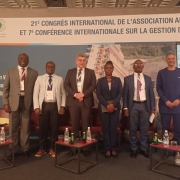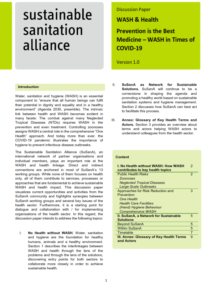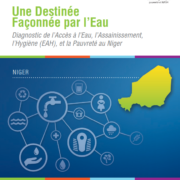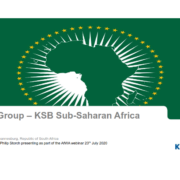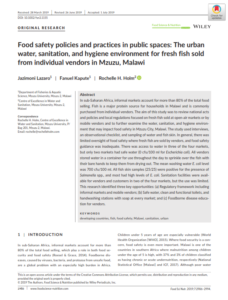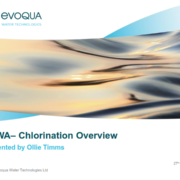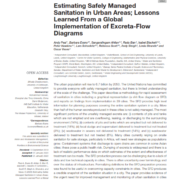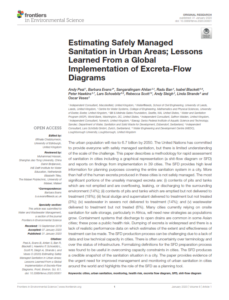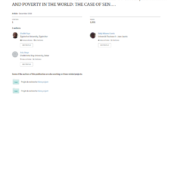The Abidjan Declaration, a Key Outcome of the 21st AfWASA Congress/FSM7 Conference
More than 3000 participants and exhibitors from all over the world gathered as world’s leading experts, engineers, technicians, researchers, and stakeholders, to meet the concerns of citizens in water and sanitation sectors during the 21st AfWASA Congress & Exhibition and the 7th International Faecal Sludge Management Conference, from 19 to 24 February 2023 in Abidjan – Côte d’Ivoire.
To achieve this, a partnership was entered into between the Faecal Sludge Management Alliance (FSMA) and the African Water & Sanitation Association (AfWASA) to co-host this event themed “Acting for sustainable resource management and access for all to water and sanitation in Africa”.
Some figures of this world class rendez-vous are presented below:
- 3000 participants from 62 countries (1022 delegates & 2584 visitors);
- 146 exhibitors;
- 03 international fora for Professional Women’s Network, Young Professionals’ Network and Mayors;
- 01 name change, with AfWA becoming AfWASA (African Water and Sanitation Association) to officially take into account sanitation actors;
- 01 high level symposium;
- 01 FSMA seminar;
- 02 plenaries on water & sanitation;
- 07 sessions by African Development Bank, the Conference Sponsor;
- 69 presentations on WASH issues;
- 33 technical sessions on WASH;
- 36 presentations focusing on partner-host sessions.
The General Report Summary provides insights on advancements and innovations in Water and Sanitation that were presented, including the following key highlights and take-aways:
- Water resource management: Water scarcity and climate change were identified as some of the major challenges facing many African countries. Climate change is exacerbating water scarcity in many areas. This is making it even more difficult to provide access to clean water, particularly in arid and semi-arid regions. Innovative solutions such as rainwater harvesting, greywater reuse, and solar-powered desalination systems were presented as potential solutions to address these challenges.
- Sanitation technologies: Sustainable wastewater treatment systems, decentralized sanitation solutions, and innovative toilet designs were showcased as a means to increase access to safe and hygienic sanitation facilities. WASH interventions can also have a positive impact on a range of development issues, including education, gender equality, and economic growth.
- Private sector engagement: The role of the private sector in water and sanitation was a recurring theme throughout the congress and exhibition. Public-private partnerships were presented as a way to bridge the financing gap and promote innovation in the sector.
- Financing mechanisms: Financing remains a major challenge for water and sanitation projects, particularly in developing countries. However, investment in infrastructure is critical for improving access to water and sanitation; this includes not just building new facilities, but also maintaining and upgrading existing infrastructure. Innovative financing mechanisms such as impact investing, public-private partnerships and green bonds therefore become potential solutions to bridge the funding gap and mobilize funding for water and sanitation projects.
At the closing ceremony of the Event, the Abidjan Declaration was made by the Ministry of Hydraulics, Sanitation, and Health. This Declaration is expected i) to be submitted by the Government of the Republic of Côte d’Ivoire as a contribution to the conference mid-term review of the Water Decade (2018-2028) scheduled in New York in March 2023; and ii) to be included by the Monitoring & Evaluation and Capitalization Unit of the 9th World Water Forum around the endorsement of the Blue Deal for security water & sanitation for peace and development.
Read the Abidjan Declaration on AfWA Website: https://afwa-hq.org/index.php/en/category-news/item/1663-abidjan-declaration-for-a-sustainable-management-of-resources-and-access-for-all-to-water-and-sanitation-in-africa

